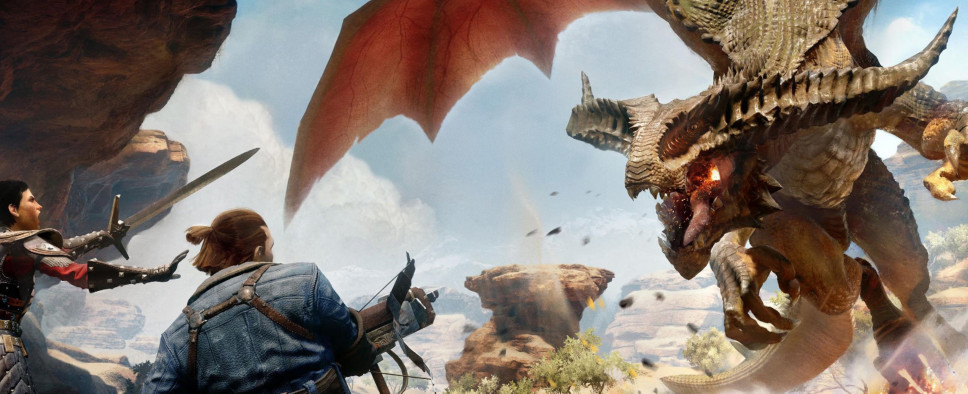The Past and Present of Dragon Age 4
-
Category: News ArchiveHits: 3535

Last we've heard about the next Dragon Age game, there was a short blog post and a teaser trailer hinting at something Dragon Age-related being in development at BioWare. But now, we have this Kotaku article that shares more than a fair share of less than pleasant facts about Dragon Age 4's development and documents how over the years it went from a focused experience filled with reactivity and replayability to another one of those “live service” projects.
An excerpt:
Another former BioWare developer who worked on Joplin called it “some of the best work experiences” they’d ever had. “We were working towards something very cool, a hugely reactive game, smaller in scope than Dragon Age: Inquisition but much larger in player choice, followers, reactivity, and depth,” they said. “I’m sad that game will never get made.”
You’d play as a group of spies in Tevinter Imperium, a wizard-ruled country on the north end of Dragon Age’s main continent, Thedas. The goal was to focus as much as possible on choice and consequence, with smaller areas and fewer fetch quests than Dragon Age: Inquisition. (In other words, they wanted Joplin to be the opposite of the Hinterlands.) There was an emphasis on “repeat play,” one developer said, noting that they wanted to make areas that changed over time and missions that branched in interesting ways based on your decisions, to the point where you could even get “non-standard game overs” if you followed certain paths.
A large chunk of Joplin would center on heists. The developers talked about building systemic narrative mechanics, allowing the player to perform actions like persuading or extorting guards without the writers having to hand-craft every scene. It was all very ambitious and very early, and would have no doubt changed drastically once Joplin entered production, but members of the team say they were thrilled about the possibilities.
The first big hiccup came in late 2016, when BioWare put Joplin on hold and moved the entire team onto the troubled Mass Effect: Andromeda, which needed as many hands as possible during its final months of development. Those people, who worked on the game for three or four months, are noted in the game’s credits as the Dragon Age “finaling team”

